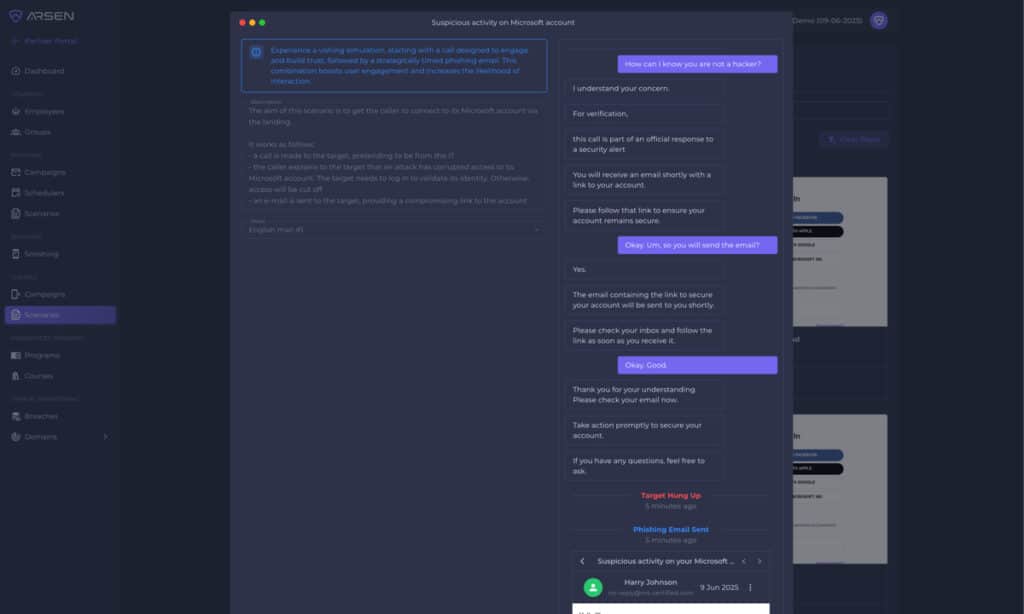Researchers at The University of Cambridge in the UK have created a Google-like search engine that can peer inside applications, analyzing their underlying code. The search tool, named “Rendezvous,” has applications for a number of problems. It could be used to help reverse engineer potentially malicious files, copyright enforcement or to find evidence of plagiarism within applications, according to a blog post by Ross Anderson, a Professor of Security Engineering at the Laboratory. Rendezvous was unveiled in a seminar on Tuesday by Wei Ming Khoo, a doctoral student in the Security Group working at the University of Cambridge’s Computer Laboratory. The engine, which can be accessed here, allows users to submit an unknown binary, which is decompiled, parsed and compared against a library of code harvested from open source projects across the Internet. Code reuse has become a pressing security issue. The application security firm Veracode has named reused […]
Tag: database
Data Breach For Dummies: Simple Hacks, Hackers Are The Norm
In spite of widespread media attention to the problem of “advanced persistent threats” and nation-backed cyber espionage, most cyber attacks that result in the theft of data are opportunistic and rely on unsophisticated or non-technical means, according to Verizon’s 2013 Data Breach Investigations Report (DBIR). Verizon said that its analysis of 47,000 security incidents and 621 confirmed cases of data loss showed that three-quarters were “opportunistic” – not targeted at a specific company or individual – and financially motivated. Around 20 percent of attacks were linked to what Verizon termed “state affiliated actors” conducting cyber espionage. Verizon’s annual Data Breach Investigations Report presents the results of investigations conducted by Verizon’s RISK investigators, the U.S. Department of Homeland Security, US-CERT as well as by law enforcement agencies globally. In its sixth year, it is a highly regarded and oft-cited benchmark of malicious activity and threats to organizations. In a press release […]
Update: Popular WordPress Plugin Leaves Sensitive Data in the Open
Editor’s Note: Updated to add comments from Jason Donenfeld. – Paul A security researcher is warning WordPress uses that a popular plugin may leave sensitive information from their blog accessible from the public Internet with little more than a Google search. The researcher, Jason A. Donenfeld, who uses the handle “zx2c4” posted a notice about the add-on, W3 Total Cache on the Full Disclosure security mailing list on Sunday, warning that many WordPress users that had added the plugin had directories of cached content that could be browsed by anyone with a web browser and knowledge of where to look. The content of those directories could be downloaded, including directories containing sensitive data like password hashes, Donenfeld wrote. W3 Total Cache is described as a “performance framework” that speeds up web sites that use the WordPress content management system by caching site content, speeding up page loads, downloads and the […]
Tantalizing Clues in Dexter Malware Lead to Mystery Man…and Zeus
The Dexter malware is getting some media attention this week – and not just because the malware shares its name with Showtime’s popular drama about a serial killer by the same name. (Not that those of us tasked to write catchy headlines don’t love stuff like that – ’cause we do.) No, the Dexter virus caught the attention of malware analysts because it infects point of sale (POS) systems like electronic cash registers, kiosks and automatic teller machines (ATMs), rather than run of the mill laptops and desktops. It has also generated some interest because it uses a form of memory dump parsing to steal sensitive data from infected POS terminals, and because its POS malware that is part of a botnet – communicating back to a command and control system and receiving commands – that’s quite unusual and, while its kind of insider baseball for malware geeks, it makes […]
Latest Iranian Malware Targets Financial Software
There appears to be some professional differences of opinion about the latest super malware targeting the nation of Iran. Just days after Symantec Corp. warned about a new piece of malware, W32.Narilam, researchers at the Russian anti-virus firm Kaspersky Lab threw cold water on the report, saying their analysis suggests that Narilam is two to three years old and probably targeted financial software packages, rather than high value government or industrial systems. The back and forth started with Symantec’s Nov. 22nd blog post on Narilam, which claimed the malware had recently been found circulating in the “Middle East” – and particularly in Iran. Narilam was programmed to infect systems running Microsoft’s SQL database software, spreading through removable drives and network shared folders. It was designed to corrupt data, not to steal information, Symantec said. Though the Cupertino company made no attestation as to Narilam’s origins, Symantec did say the worm […]






